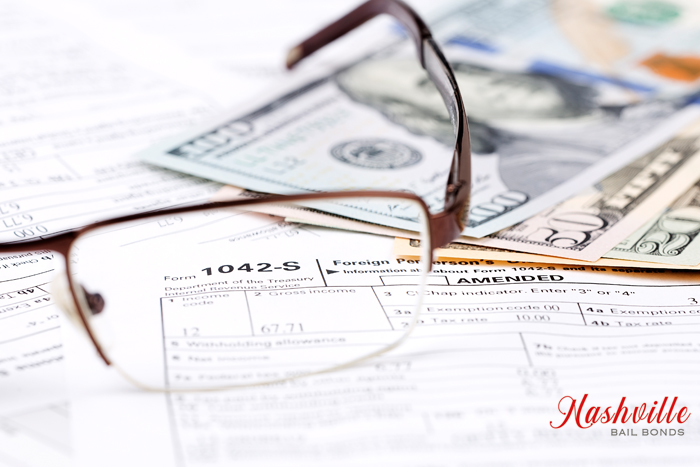Taxes and the possibility of a simple mistake on our tax form leading to an arrest for tax evasion is the worst nightmare for many of us. That’s why we spend so many hours going over our tax returns with a fine-toothed comb, looking for a single mistake that could get us into all sorts of trouble with the IRS.
You’ll be pleased to know that you can relax. First, contrary to what it might seem like, very few people actually go to prison for tax evasion. According to HR Block, in 2015 the IRS looked at about 150 million people for legal source tax evasion. Of those 150 million, only 1,330 people were actually indicted. Second, the IRS really can tell the difference between a simple mistake and a full-blown case of tax evasion.
The bulk of the cases involving legal source tax evasion involve people who either misreport their annual income or who fail to fill out the proper tax returns.
One of the interesting things about the IRS is that they typically don’t decide to pursue legal action against individuals who failed to pay their taxes because they simply didn’t have the funds needed to pay the owed taxes. While the IRS is aware of these individuals and will keep an eye on their financial situation, they aren’t the IRS’s main concern.
The IRS is primarily interested in people who have the money needed to cover the taxes they owe, but who are blatantly trying to get out of giving that money to the IRS.
When the IRS suspects a person is guilty of tax evasion, they start by ordering an audit. This audit requires that the person provide financial history for a specified number of years. The IRS doesn’t give the person much time to gather the necessary information because they don’t want the person to come up with a good hiding place for extra cash or assets that they failed to report.
Continually delaying to provide the requested financial information will make the IRS suspicious and could prompt them to take legal action against you.
If you’re being audited, you don’t want to lie to the auditor. These are highly trained investigators. Not only do they have a strong understanding of finances and taxes, but they’re also trained to read people and have the skills needed to find holes in your story and use those holes to get at the truth.
If the IRS believes you are guilty of tax evasion and decides to pursue legal action, you could face one year in prison for each year of tax evasion you committed. You’ll also have to pay the taxes you owe, plus interest.

